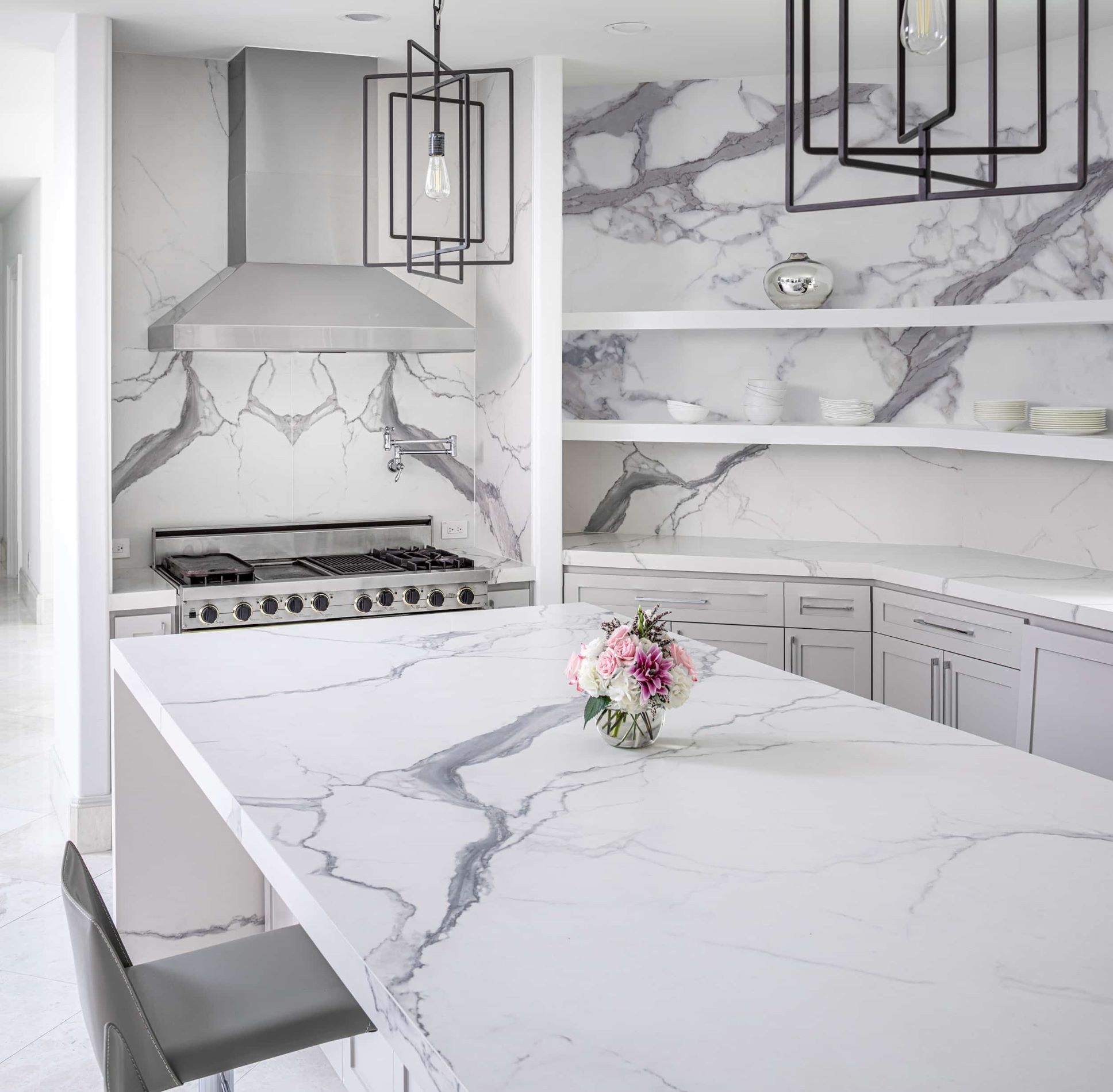

Articles
How Much Are Porcelain Countertops
Modified: December 7, 2023
Discover the latest articles on porcelain countertops and find out how much they cost. Get expert advice and tips on choosing the perfect countertop for your kitchen or bathroom.
(Many of the links in this article redirect to a specific reviewed product. Your purchase of these products through affiliate links helps to generate commission for Storables.com, at no extra cost. Learn more)
Introduction
When it comes to designing or remodeling a kitchen or bathroom, choosing the right countertop material is crucial. One option that has gained popularity in recent years is porcelain countertops. These versatile and durable surfaces offer a wide range of benefits that make them an attractive choice for homeowners.
In this article, we will explore what porcelain countertops are, the benefits they bring, and delve into the various factors that affect their cost. Additionally, we will discuss the installation, maintenance, and repair costs associated with these countertops, as well as their potential return on investment.
By the end of this article, you will have a comprehensive understanding of porcelain countertops and be equipped with the knowledge necessary to make an informed decision for your home.
Key Takeaways:
- Porcelain countertops offer durability, low maintenance, and aesthetic versatility, making them a practical and stylish choice for kitchens and bathrooms. Their high performance and timeless appeal provide long-term value for homeowners.
- While the initial cost of porcelain countertops may be higher, their long-term benefits, including enhanced property value, durability, and improved functionality, make them a wise investment. Prioritizing quality and professional installation ensures a favorable return on investment.
Read more: What Are Porcelain Countertops
What are Porcelain Countertops?
Porcelain countertops are a type of surface material that is made from a mixture of clay, minerals, and other natural materials. They are created through a process of high-temperature firing, resulting in a dense and durable material that is resistant to heat, stains, and scratches.
Porcelain countertops are known for their elegant and timeless appeal, with a smooth and glossy finish that can mimic the look of natural stone, such as marble or granite. They are available in a wide range of colors and patterns, allowing homeowners to find the perfect match for their design preferences.
Unlike natural stone countertops, such as granite or marble, porcelain countertops have a non-porous surface. This means that they are highly resistant to liquid absorption, making them incredibly hygienic and easy to clean. They are also resistant to the growth of bacteria, making them an excellent choice for kitchen and bathroom spaces.
One of the unique characteristics of porcelain countertops is their versatility. Not only can they be used for countertops, but they can also be installed as backsplashes, wall cladding, and even as flooring. This allows homeowners to create a cohesive and aesthetically pleasing look throughout their living spaces.
Overall, porcelain countertops offer a practical and stylish solution for homeowners looking for a durable and low-maintenance surface option. Their high performance and aesthetic appeal make them a popular choice in modern kitchens and bathrooms.
Benefits of Porcelain Countertops
Porcelain countertops offer a multitude of benefits that make them an excellent choice for homeowners. Whether you’re looking for durability, style, or easy maintenance, porcelain countertops have got you covered. Here are some of the key benefits of choosing porcelain countertops:
- Durability: Porcelain countertops are highly durable and resistant to stains, scratches, and heat. They are manufactured using high-temperature firing, resulting in a dense material that can withstand daily wear and tear. This durability makes them an ideal choice for high traffic areas like kitchens and bathrooms.
- Low Maintenance: The non-porous nature of porcelain countertops makes them incredibly easy to clean and maintain. Unlike other countertop materials, they do not require sealing or special cleaners. With just a mild soap and water, you can easily wipe away any spills or stains, keeping your countertops looking pristine.
- Hygienic: The non-porous surface of porcelain countertops also makes them highly hygienic. They are resistant to bacteria growth and provide a clean and safe environment for food preparation. This characteristic is especially important in kitchens where maintaining proper hygiene is essential.
- Versatility: Porcelain countertops come in a wide range of colors, patterns, and finishes, allowing you to find the perfect match for your design aesthetic. Whether you prefer a classic marble look or a modern concrete finish, there is a porcelain countertop option to suit your style and preferences.
- Resistant to Fading: Unlike some natural stones that may fade over time due to exposure to sunlight, porcelain countertops are UV-resistant. This means that they will maintain their color and appearance even with long-term exposure to sunlight.
- Environmentally Friendly: Porcelain countertops are an eco-friendly option for your home. They are made from natural materials and are fully recyclable. Additionally, their longevity and low-maintenance nature contribute to reducing waste and the need for constant replacements.
With their durability, low maintenance requirements, and aesthetic versatility, porcelain countertops offer a range of benefits that make them a practical and stylish choice for any home. Whether you’re remodeling or building from scratch, these countertops are sure to enhance the beauty and functionality of your space.
Cost Factors
When considering porcelain countertops, it’s essential to understand the various factors that can influence their cost. By being aware of these factors, you can better plan and budget for your countertop project. Here are the key cost factors to consider:
- Material Quality: The quality and grade of the porcelain material used will directly impact the cost. Higher-grade porcelain may have a higher price tag, but it will typically offer better durability and aesthetic appeal.
- Size and Thickness: The dimensions and thickness of the porcelain slab will play a role in determining the cost. Larger and thicker slabs will generally be more expensive than smaller and thinner ones.
- Complexity of Installation: If your countertop project requires intricate cuts, unusual shapes, or a complex installation process, the labor cost may increase. Additional labor, tools, and expertise may be needed, leading to a higher overall cost.
- Edge Treatment: The chosen edge treatment for your porcelain countertops can impact the cost. More intricate and decorative edge profiles may require additional labor and expertise, resulting in higher costs compared to standard edge options.
- Additional Features: Other features, such as integrated sinks, drainboards, or decorative elements, can increase the cost of porcelain countertops. These customizations require additional labor and materials, contributing to the overall expense.
- Location: The geographical location of your home can also influence the cost of porcelain countertops. Labor rates, taxes, shipping costs, and availability of materials can vary from one region to another, impacting the overall price.
- Supplier or Fabricator: The choice of supplier or fabricator can affect the cost. Different vendors may offer different pricing models, discounts, or additional services that can impact the overall cost of your countertops.
It’s important to keep in mind that the final cost of your porcelain countertops will depend on a combination of these factors. To get an accurate estimate, it’s recommended to consult with multiple suppliers or fabricators, compare prices, and consider their level of experience and reputation in the industry.
By considering these cost factors and conducting thorough research, you can make an informed decision regarding your porcelain countertop project and ensure that it aligns with your budget and vision.
Comparing Prices
When it comes to purchasing porcelain countertops, it’s crucial to compare prices to ensure you are getting the best value for your money. Here are some tips to help you compare prices effectively:
- Get Multiple Quotes: Reach out to several suppliers or fabricators and request quotes for the same specifications. This will give you a good basis for comparison and help you identify any price disparities.
- Consider Quality: While price is an important factor, it shouldn’t be the sole determining factor. Consider the quality of the porcelain countertops being offered. Cheaper options may have lower-quality materials or craftsmanship, which can impact their durability and appearance in the long run.
- Check Inclusions and Exclusions: Ensure that the quotes you receive are comprehensive and include all necessary items such as installation, edge treatments, and any additional features you require. Be aware of any exclusions or hidden costs that may be added later.
- Compare Labor Costs: Labor costs can vary significantly between different suppliers or fabricators. Make sure to compare the labor charges included in the quotes and consider the experience and reputation of the professionals who will be installing your countertops.
- Consider Warranty: Check if the quotes include any warranties or guarantees for the porcelain countertops. A longer warranty can provide added peace of mind and may indicate higher quality and reliability.
- Read Reviews: Look for reviews and testimonials from previous customers of the suppliers or fabricators you are considering. This can give you valuable insights into their pricing, customer service, and the quality of their work.
By comparing prices using these guidelines, you will be able to make a more informed decision and choose the best option for your budget and requirements.
Remember, it’s not always about choosing the cheapest option, but rather finding the best balance between price and quality. Prioritize durability, craftsmanship, and customer satisfaction above just the price tag. Investing in high-quality porcelain countertops will pay off in the long run, as they will provide you with lasting beauty and functionality for years to come.
Average Cost of Porcelain Countertops
The cost of porcelain countertops can vary depending on several factors, including the size of the project, the quality of the material, the complexity of the installation, and the location. While it’s challenging to provide an exact figure, we can provide you with a general idea of the average cost range.
On average, the cost of porcelain countertops can range from $60 to $120 per square foot. This includes the cost of the material, fabrication, and installation. Keep in mind that this range is a rough estimate and can be influenced by individual factors.
It’s important to note that the cost per square foot can increase for certain features or customizations. For example, if you opt for a thicker slab, a unique edge treatment, or additional features like integrated sinks or drainboards, the price may go up.
Additionally, the cost can vary depending on the complexity of the installation. If your project requires intricate cuts, unusual shapes, or additional structural modifications, it may result in higher labor costs.
Remember to consider other expenses associated with your countertop project, such as demolition, removal of existing countertops, plumbing adjustments, and backsplash installation. These costs may not always be included in the initial quote and should be factored into your overall budget.
It’s important to obtain quotes from multiple suppliers or fabricators to compare prices and ensure you are getting a fair deal. However, don’t solely rely on the price; consider the reputation, experience, and quality of the professionals you choose to work with.
Lastly, keep in mind that investing in high-quality porcelain countertops can provide long-term value and durability. While the initial cost may be higher, the low maintenance and longevity of the material can save you money in the long run.
Overall, the average cost of porcelain countertops can range between $60 to $120 per square foot. By considering your specific requirements and budget, you can work with professionals to find the best option that meets your needs.
When considering the cost of porcelain countertops, it’s important to factor in the size of the area to be covered, the thickness of the porcelain, and any additional features such as edge profiles or custom designs. Additionally, the cost may vary based on the supplier and installation fees. It’s best to obtain quotes from multiple sources to ensure you’re getting the best value for your investment.
Factors that Affect Cost
When it comes to porcelain countertops, several factors can influence the overall cost of your project. Understanding these factors will help you plan and budget effectively. Here are the key factors that can affect the cost of porcelain countertops:
- Size of the Project: The size of your countertop project will directly impact the cost. Larger projects require more materials and labor, resulting in higher overall expenses. Conversely, smaller projects will generally be more affordable.
- Quality of the Porcelain Material: The quality and grade of the porcelain used can affect the cost. Higher-grade porcelain may be more expensive, but it often offers better durability, aesthetics, and longevity.
- Complexity of the Design: If your project involves intricate designs, custom shapes, or unusual cuts, the cost may increase. Such designs require additional labor, expertise, and time, which can add to the overall expense.
- Edge Treatments: The type of edge treatment you choose for your porcelain countertops can impact the cost. Basic edge profiles, such as straight or eased edges, are typically more cost-effective. However, more elaborate or custom edge treatments may require additional labor and expertise, resulting in higher costs.
- Additional Features and Customizations: The inclusion of extra features, such as integrated sinks, drainboards, or decorative elements, can increase the cost. These customizations require additional materials, labor, and expertise, contributing to the overall expense.
- Location: The geographical location of your project can influence the cost. Labor rates, taxes, and availability of materials can vary from one region to another. Urban areas, for example, may have higher labor and material costs compared to rural areas.
- Supplier or Fabricator: The choice of supplier or fabricator can affect the cost of porcelain countertops. Different vendors may have different pricing models, discounts, or additional services. It’s important to research and compare multiple suppliers to find the best combination of quality and price.
Given the number of factors involved, the cost of porcelain countertops will vary from project to project. It’s essential to assess your specific requirements, consider your budget, and consult with professionals to determine the most accurate estimate.
By understanding these factors and evaluating your needs, you can make informed decisions to ensure your porcelain countertop project aligns with your vision and budget.
Installation Costs
When it comes to porcelain countertops, the cost of installation is an important consideration. Proper installation is essential to ensure the durability and longevity of your countertops. Here are some factors that can affect the installation costs:
- Labor Charges: Labor charges typically form a significant portion of the installation cost. The complexity of the installation, including any custom cuts or intricate designs, can affect the labor charges. Additionally, the experience and expertise of the installers may also impact the price.
- Preparation and Demo Work: Before installing new porcelain countertops, any existing countertops must be removed, and the area needs to be properly prepared. The cost of demolition and preparation work, including the removal of the old countertops, may be included in the installation costs.
- Transportation and Logistics: If the supplier or fabricator needs to transport the porcelain slab to your location, transportation costs may be added to the installation expenses. Distance, location, and accessibility can impact these costs.
- Additional Materials: Installation costs may also include the cost of additional materials such as adhesive, grout, sealant, and specialized tools needed for the installation process. These materials ensure proper adhesion and finish, contributing to the overall cost.
- Timeframe: The time required for the installation can also influence the cost. If the installation needs to be completed within a tight timeframe or requires expedited services, it may result in higher labor charges.
- Cleanup and Disposal: Once the installation is complete, there may be a clean-up and disposal process involved. Removal of debris, leftover materials, and any waste generated during the installation can add to the overall cost.
The installation costs for porcelain countertops are typically calculated on a per-square-foot basis. However, additional charges may be incurred depending on the scope and complexity of the project.
It’s essential to work with experienced and reputable professionals for the installation process. Proper installation techniques and attention to detail are crucial for achieving a flawless and long-lasting result.
Prior to the installation, request a detailed quote from the installers. Make sure it includes all relevant charges, such as labor, transportation, materials, and any additional services provided. This will help you budget accurately and avoid any unexpected expenses.
Remember, investing in a professional installation is essential to ensure the longevity and performance of your porcelain countertops. Adequate installation will not only enhance the appearance of your countertops but also contribute to the overall value and functionality of your space.
Maintenance and Repair Costs
Maintaining and occasionally repairing your porcelain countertops is crucial to keep them looking their best and maintain their durability. While porcelain is known for its low-maintenance nature, there are still some costs associated with proper care and occasional repairs. Here are a few factors to consider:
- Daily Cleaning: Routine cleaning of porcelain countertops is typically low-cost and straightforward. A mild soap and water solution or a designated non-abrasive cleaner will suffice. Avoid using harsh chemicals or abrasive cleaning agents, as they can damage the surface. Regular cleaning helps prevent stains and discoloration, keeping your countertops in good condition.
- Sealing: Porcelain countertops are generally non-porous and do not require sealing. However, if you opt for a glossy or polished finish, some homeowners choose to apply a sealant to enhance the shine and provide added protection. The cost of the sealant and its application would be a periodic maintenance expense.
- Stain Removal: While porcelain countertops are resistant to staining, accidents can still happen. If a stubborn stain occurs, you may need to invest in stain removal products or hire professionals for deep cleaning. The cost for stain removal can vary based on the severity and type of stain.
- Chip or Crack Repair: In rare cases, porcelain countertops can develop chips or cracks due to heavy impact or unforeseen accidents. Repairing these damages usually involves patching or filling the affected area with color-matched materials. Depending on the extent of the damage, you may need to hire professionals, and repair costs can vary accordingly.
- Polishing and Refinishing: Over time, the glossy finish on porcelain countertops may dull or develop minor scratches. Polishing or refinishing the surface can restore its original luster. The cost of polishing will depend on the size of the countertop and the extent of the refinishing required.
- Preventive Measures: To minimize maintenance costs, it’s advisable to take preventive measures, such as using cutting boards, trivets, or hot pads to protect the surface from scratches and heat damage. These simple steps can save you from potential repair or replacement expenses in the long run.
It’s essential to keep in mind that while porcelain countertops are durable and relatively low-maintenance, proper care and occasional maintenance are necessary to extend their lifespan and maintain their appearance.
When considering maintenance and repair costs, it’s advisable to set aside a budget for routine cleaning products, occasional stain removal, and any unforeseen repair needs. By taking proactive measures and addressing any issues promptly, you can minimize the overall costs associated with maintaining and repairing your porcelain countertops.
Read more: Where To Buy Porcelain Countertops Near Me
Return on Investment (ROI)
When it comes to home improvement projects, it’s important to consider the return on investment (ROI) that you can expect. The good news is that investing in porcelain countertops can yield a favorable return both in terms of financial value and overall enjoyment of your living space. Here’s how porcelain countertops can provide a positive ROI:
- Enhanced Property Value: Upgrading your kitchen or bathroom with high-quality porcelain countertops can significantly increase the value of your property. Potential buyers are often attracted to modern and durable surface materials, making your home more appealing compared to houses with outdated or less attractive countertops.
- Timeless Appeal: Porcelain countertops offer a timeless and elegant aesthetic that can withstand changing design trends. This means that your investment will remain relevant and visually appealing for years to come, minimizing the need for frequent remodeling or replacement.
- Durability and Longevity: Porcelain countertops are highly durable and long-lasting. Their resistance to stains, scratches, and heat ensures that they maintain their beauty and functionality for an extended period. This means that you won’t have to worry about frequent repairs or replacements, saving you money in the long run.
- Improved Functionality: Upgrading to porcelain countertops can enhance the functionality and usability of your kitchen or bathroom. The non-porous surface makes them easy to clean and maintain, providing a sanitary and hygienic environment. Additionally, the durability of porcelain countertops means that they can withstand the demands of daily use, making meal preparation and other tasks more enjoyable and efficient.
- Energy Efficiency: Porcelain countertops can contribute to energy efficiency in your home. Due to their non-porous nature, they have excellent heat resistance, which can help in retaining heat and keeping your kitchen or bathroom cooler. This can result in potential energy savings, especially in warm climates, increasing the overall value of your home.
While the upfront cost of porcelain countertops may be higher compared to other materials, the long-term benefits and ROI make them a wise investment. However, it’s important to keep in mind that the actual ROI can vary based on various factors, such as market conditions, location, and the overall condition of your home.
To maximize the ROI of your porcelain countertop investment, ensure that you choose high-quality materials and work with experienced professionals for the installation. This will not only enhance the aesthetic appeal and functionality of your space but also provide long-term value for your investment.
By considering the potential ROI, you can make an informed decision and confidently invest in porcelain countertops, knowing that you are adding value to your home and creating a beautiful living space for years to come.
Conclusion
Porcelain countertops offer a range of benefits that make them a popular choice for homeowners seeking both style and durability. From their versatility in design to their resistance to stains, scratches, and heat, porcelain countertops provide a practical and aesthetically pleasing solution for kitchens and bathrooms.
Throughout this article, we have explored the world of porcelain countertops, starting with their definition and composition. We have discussed the various advantages they offer, including their low maintenance requirements, hygienic properties, and resistance to fading and environmental impact. We have also examined the factors that can affect their cost, such as material quality, size, complexity of installation, and additional features.
Furthermore, we have covered the cost comparison process, emphasizing the importance of obtaining multiple quotes and considering both price and quality factors. We have also highlighted the average cost range of porcelain countertops and the key factors that influence the final price.
Maintaining porcelain countertops involves routine cleaning and occasional maintenance. While these measures may incur some costs, they are essential for preserving the appearance and functionality of the countertops in the long run.
Lastly, we have discussed the return on investment (ROI) that porcelain countertops can provide. Their ability to enhance property value, timeless appeal, durability, and improved functionality contribute to a positive ROI and overall satisfaction for homeowners.
In conclusion, porcelain countertops are an excellent choice for homeowners seeking a durable, stylish, and low-maintenance surface material. While the initial cost may be higher compared to other options, the long-term benefits, including longevity, ease of maintenance, and enhanced property value, make them a worthwhile investment.
When considering porcelain countertops for your home, be sure to conduct thorough research, obtain quotes from reputable suppliers or fabricators, and consider the specific needs and aesthetic preferences of your space. By doing so, you can make an informed decision that will enhance the beauty and functionality of your kitchen or bathroom for years to come.
Frequently Asked Questions about How Much Are Porcelain Countertops
Was this page helpful?
At Storables.com, we guarantee accurate and reliable information. Our content, validated by Expert Board Contributors, is crafted following stringent Editorial Policies. We're committed to providing you with well-researched, expert-backed insights for all your informational needs.
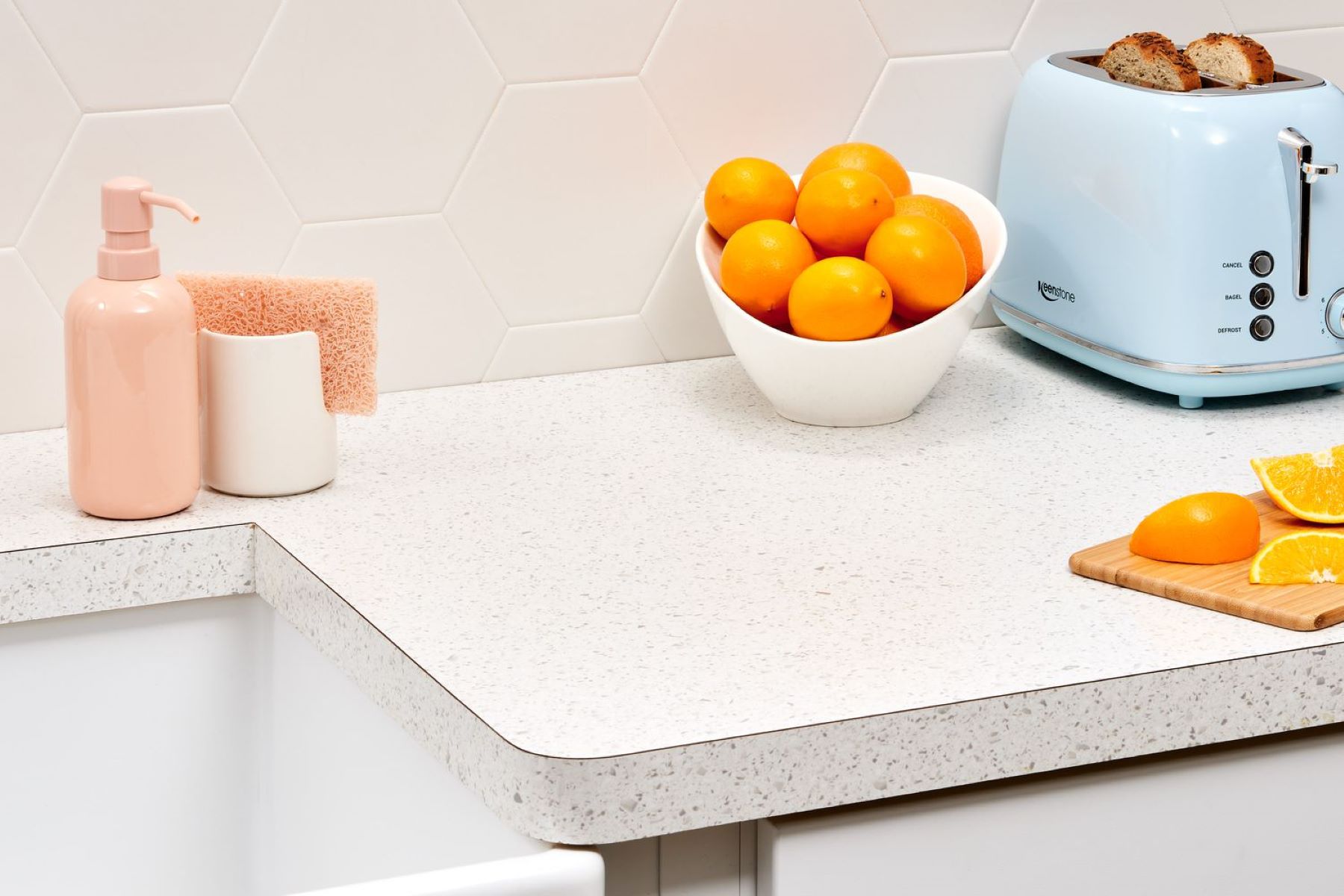
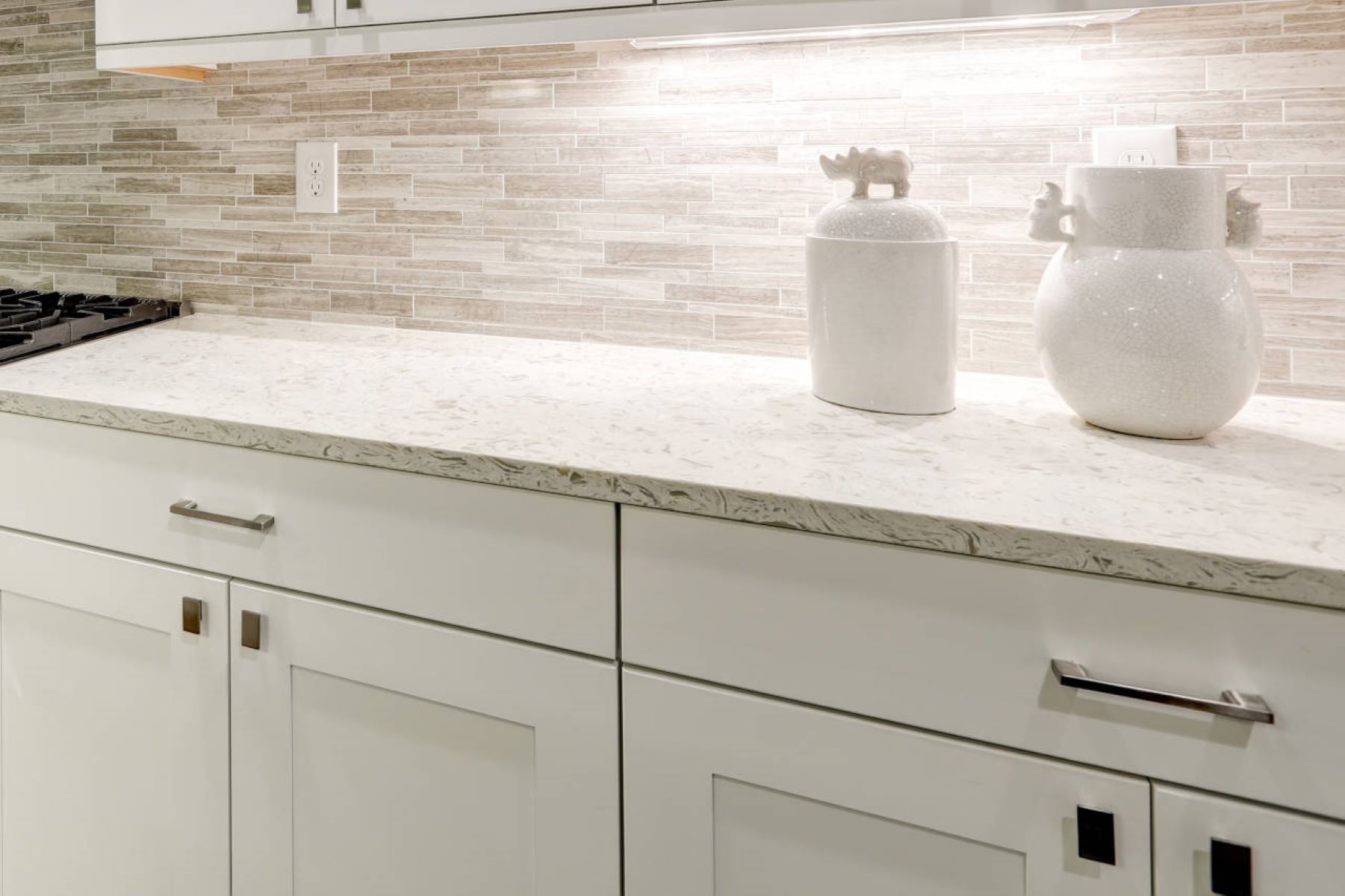
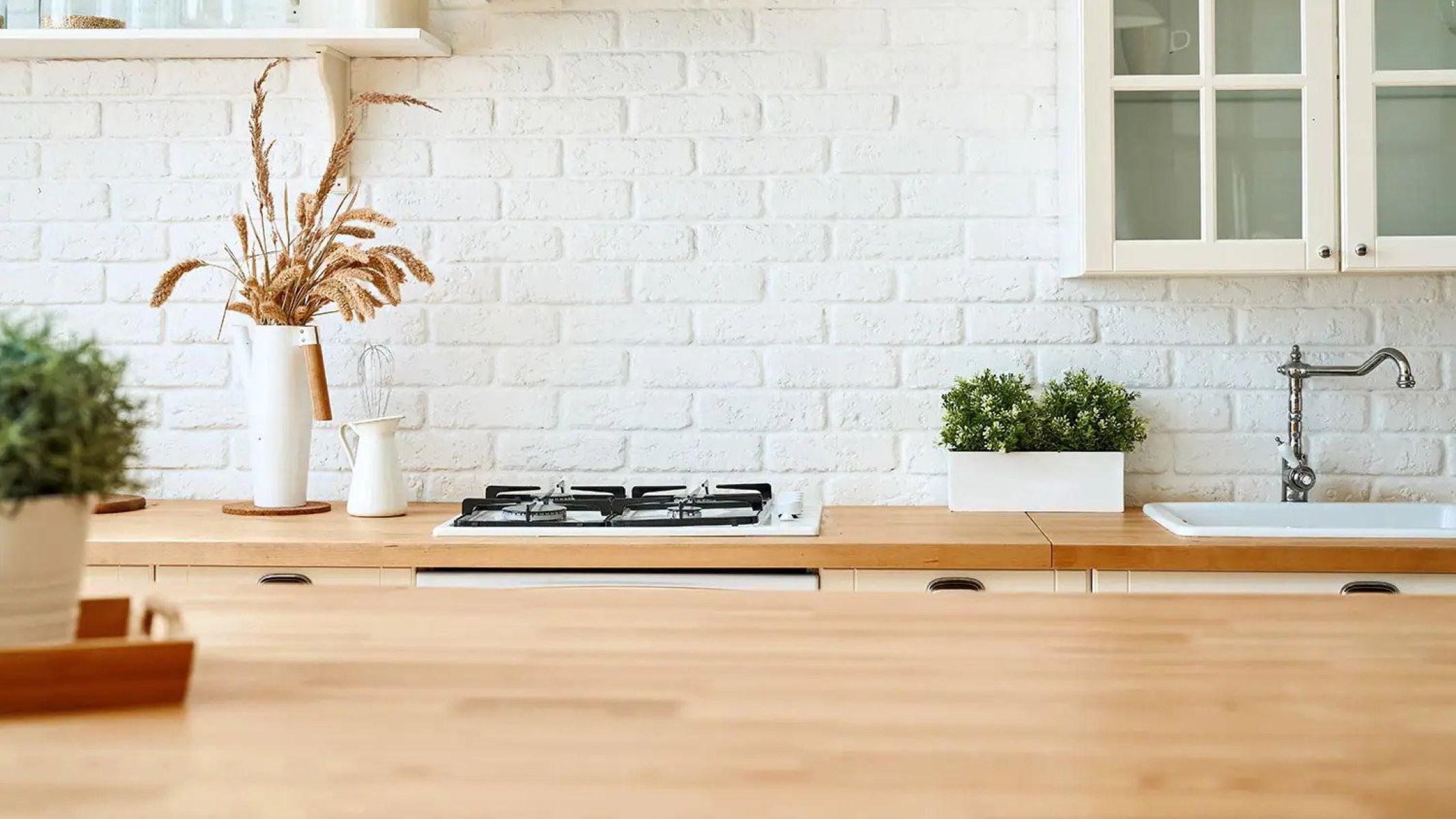
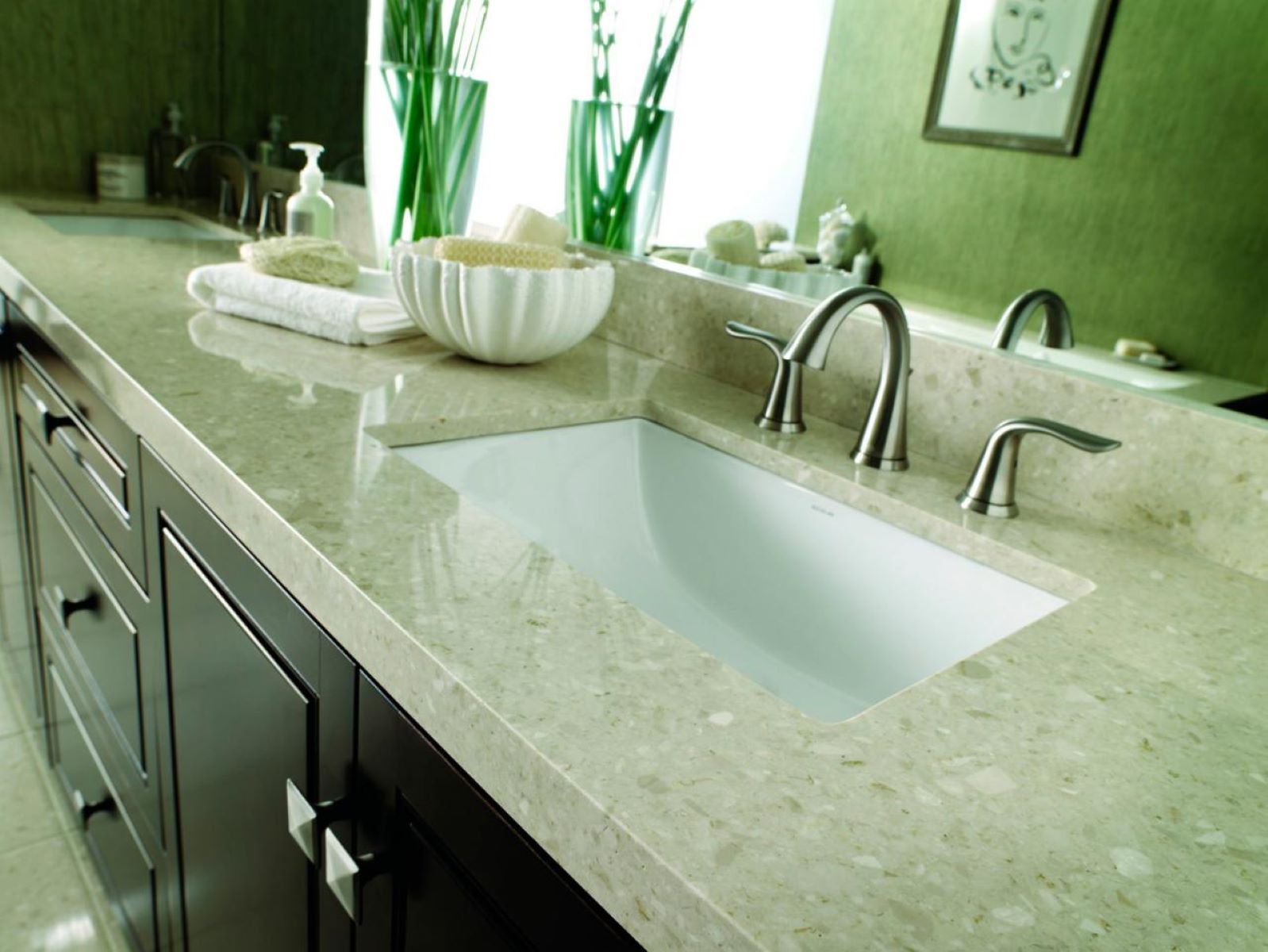
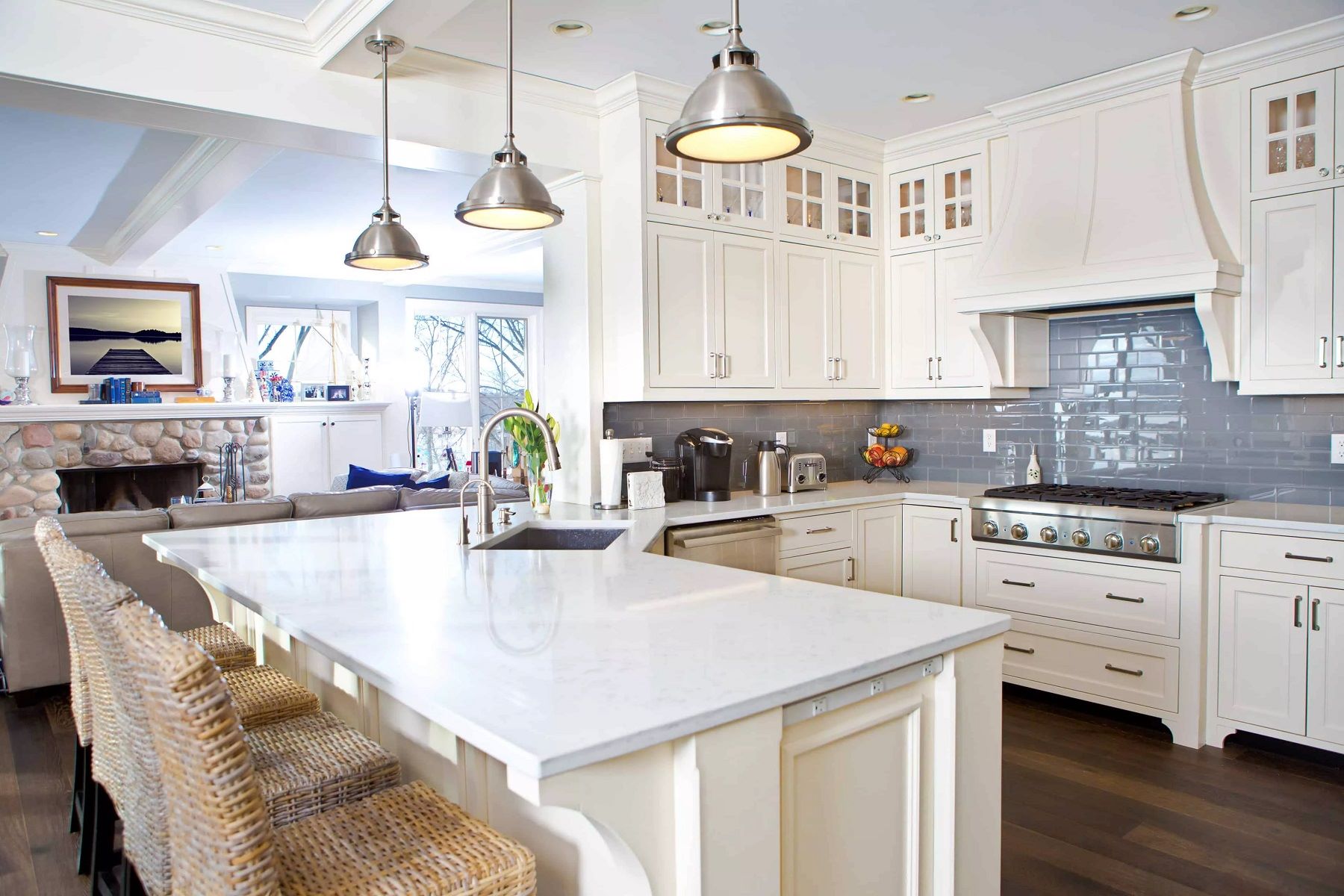
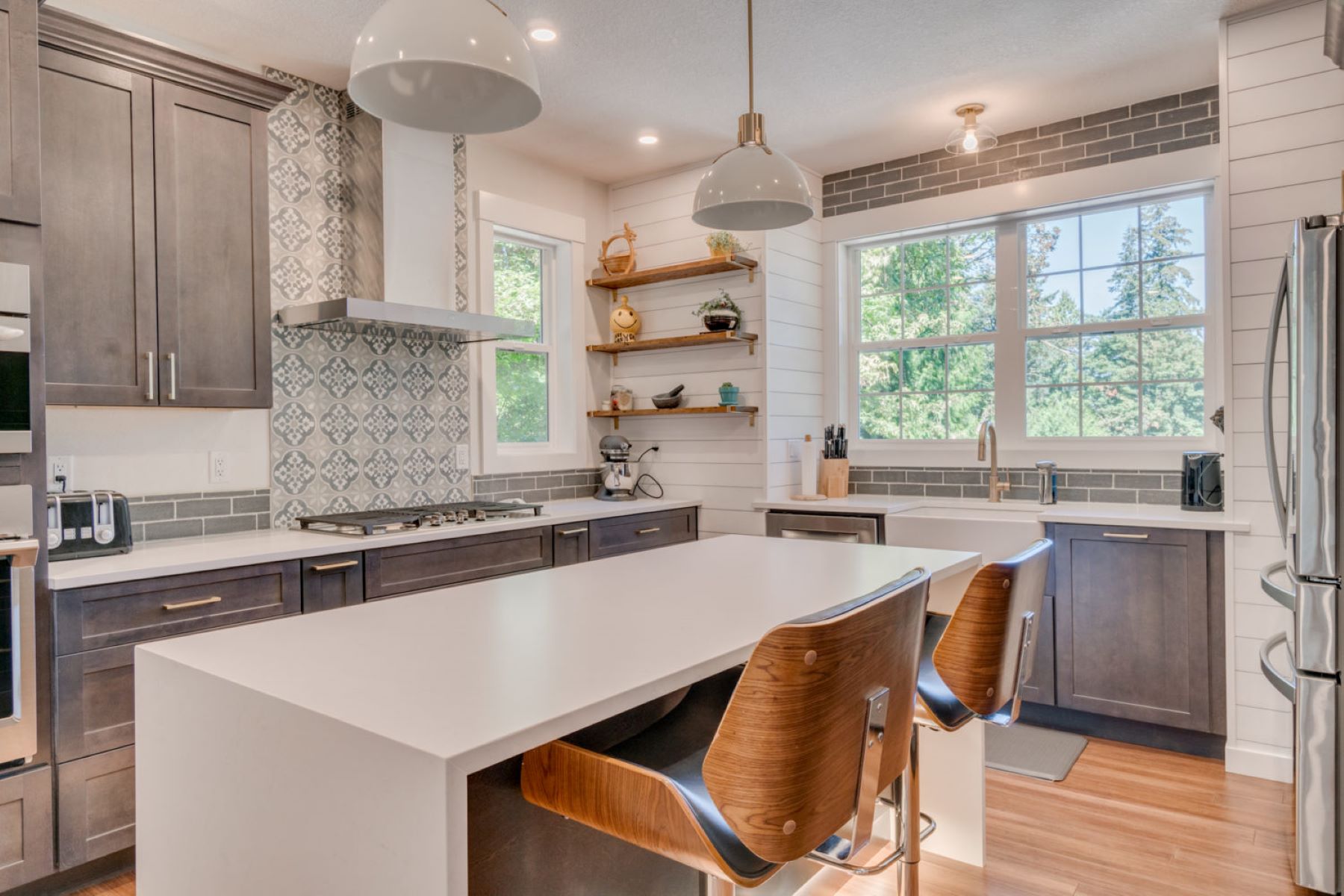
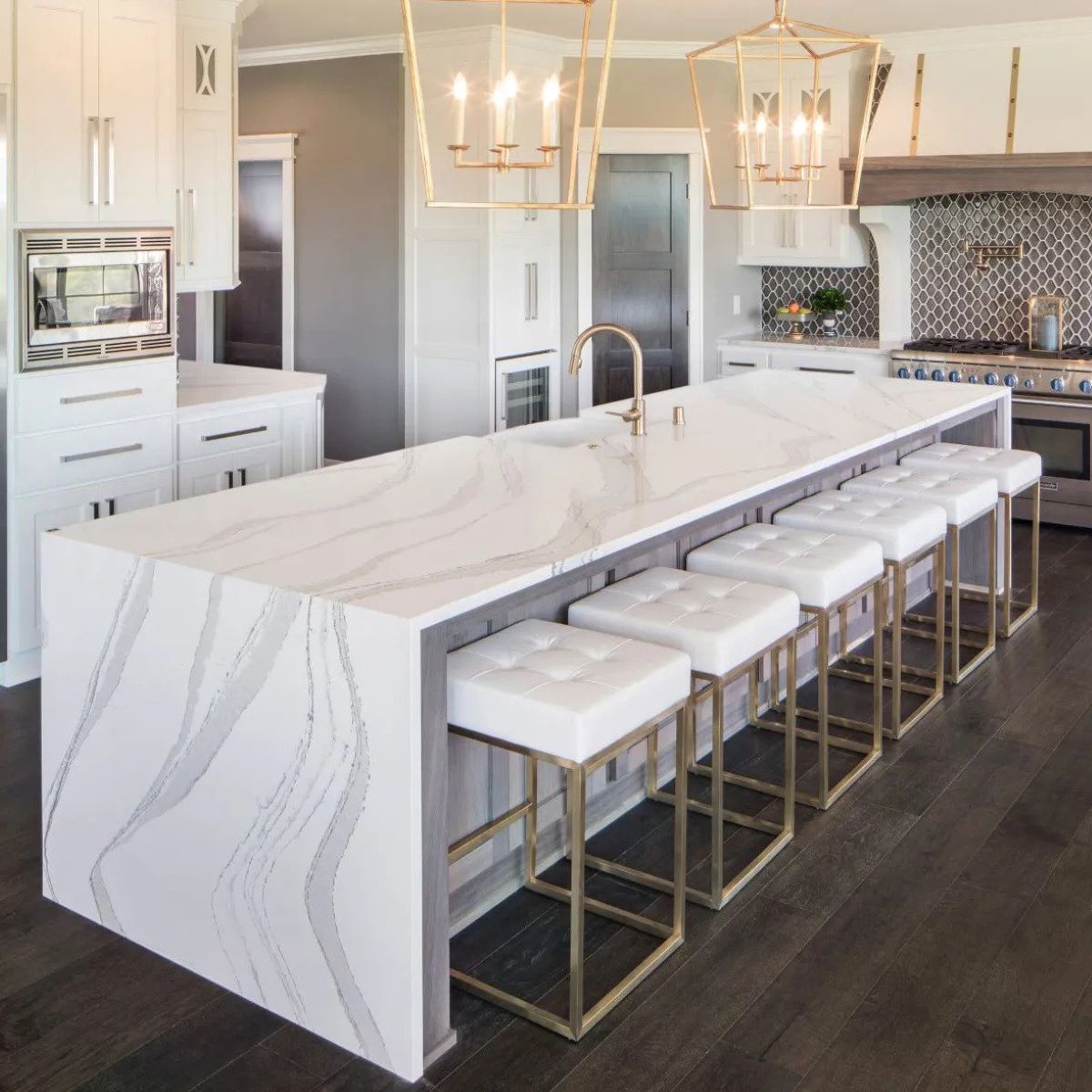
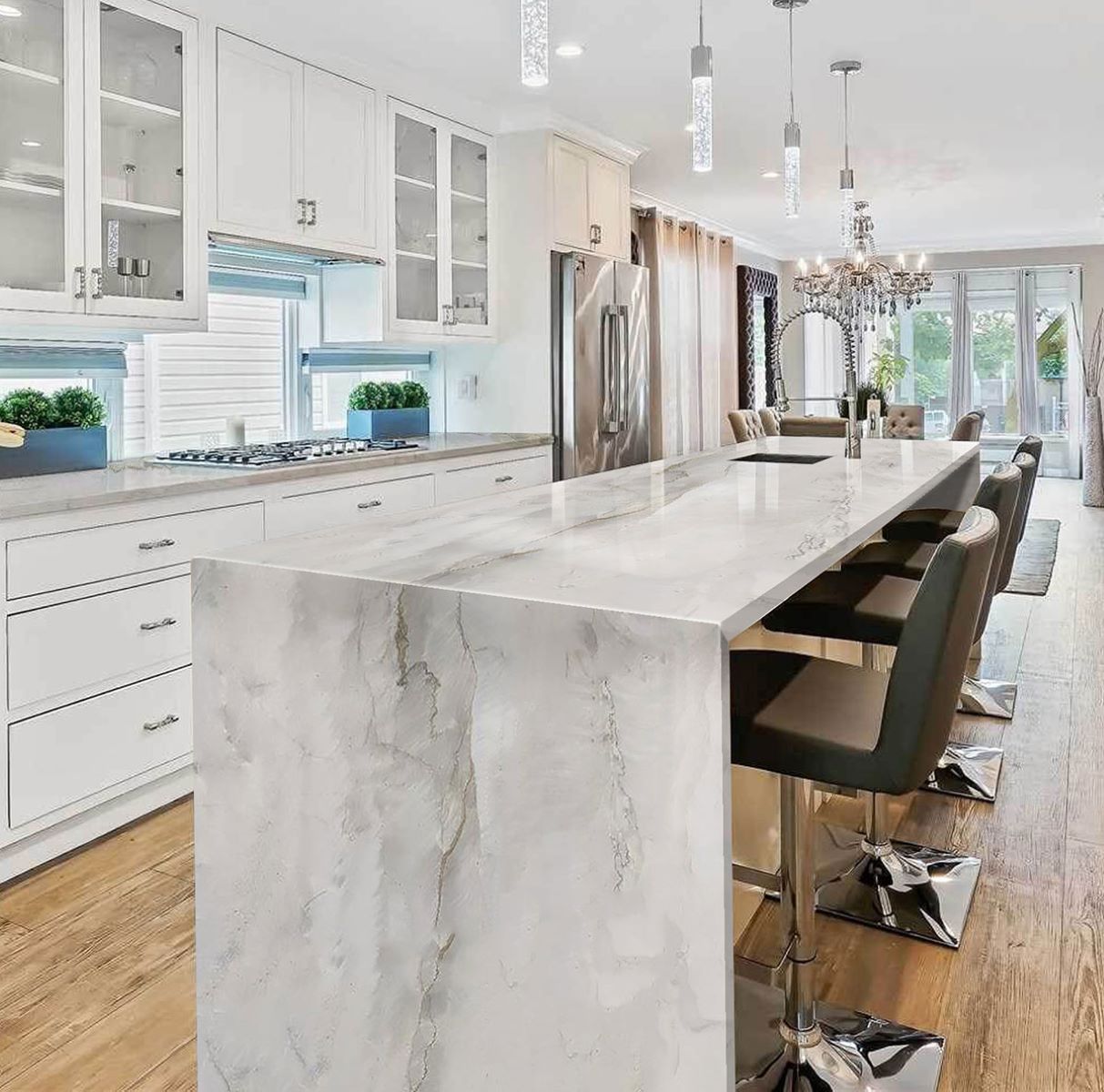
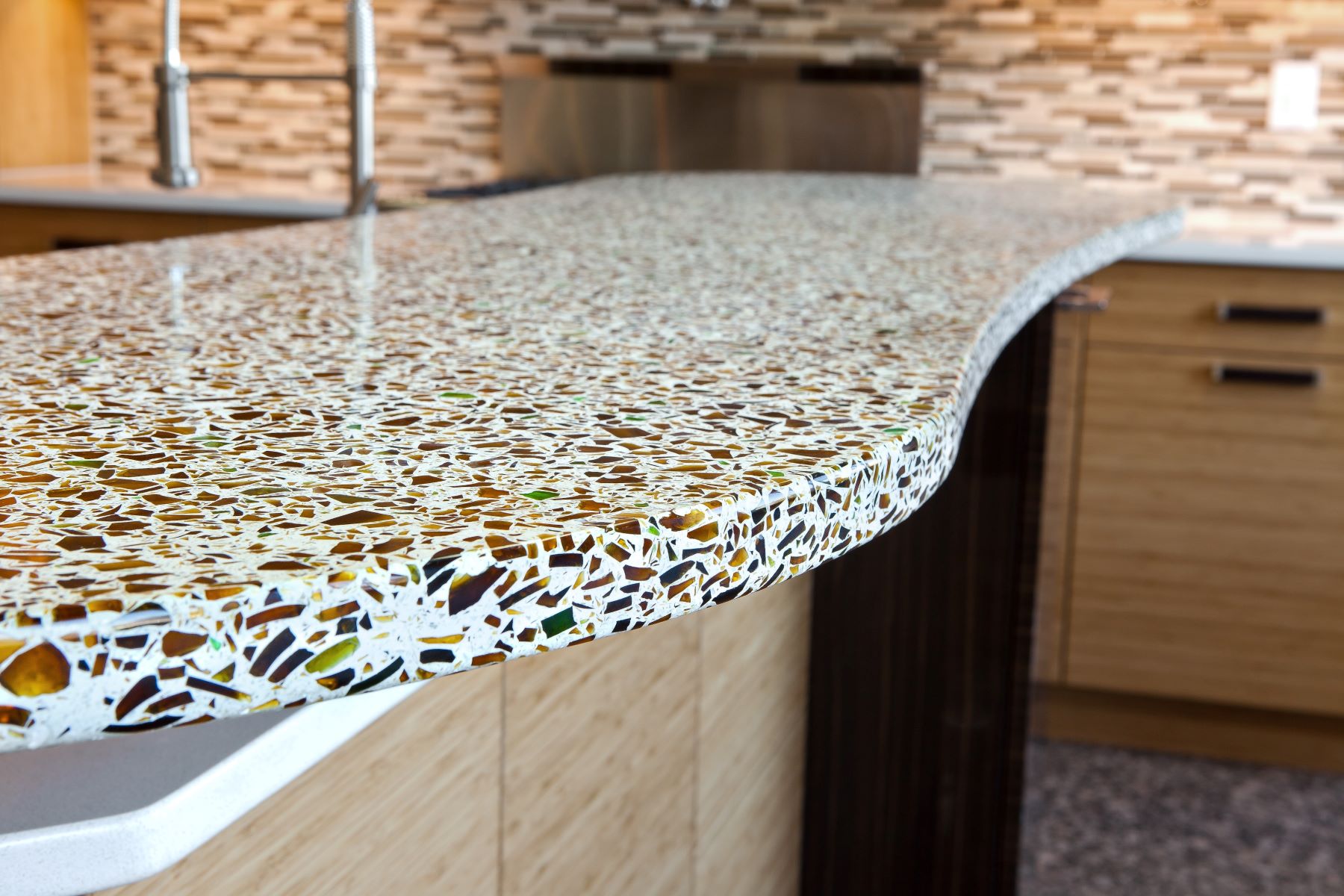
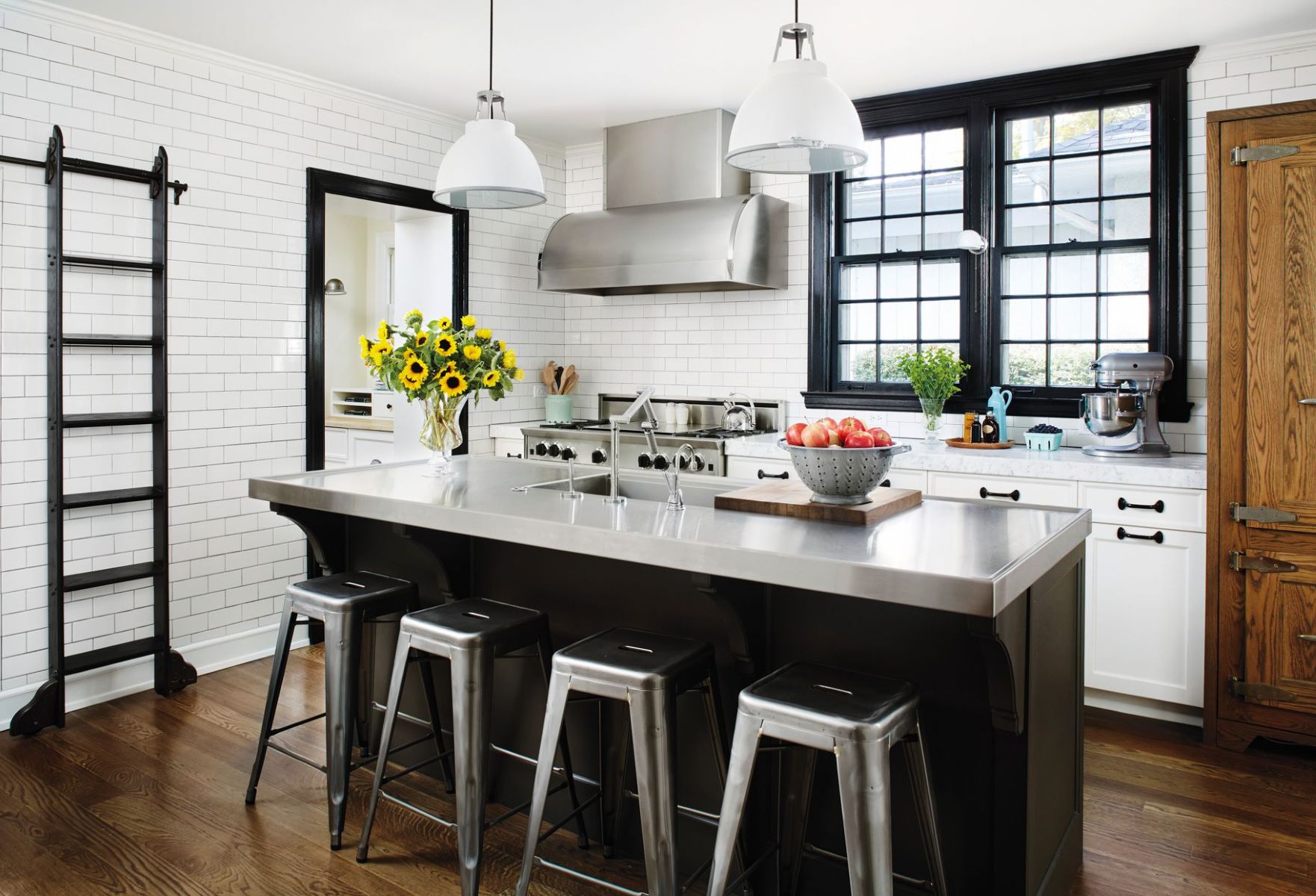
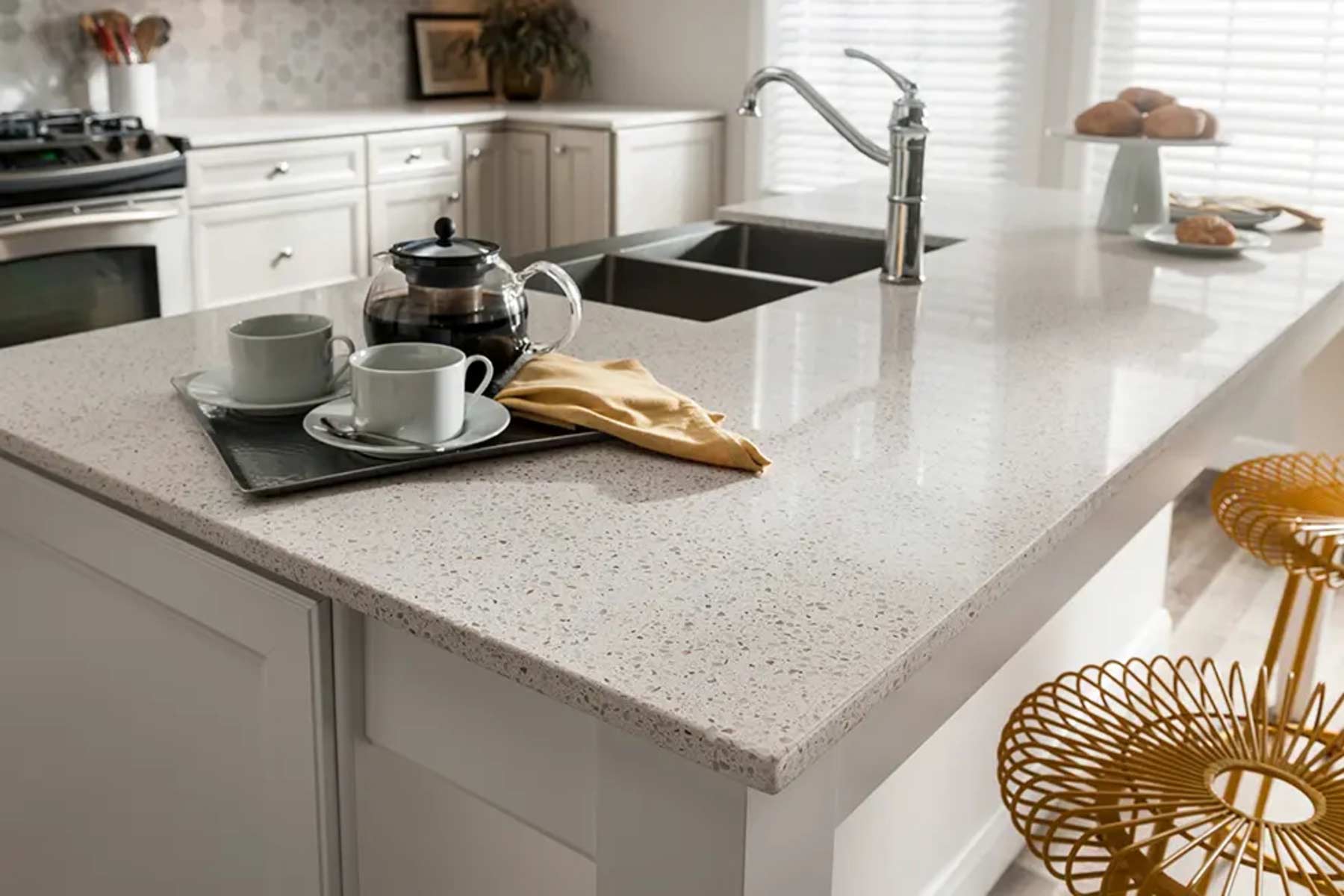
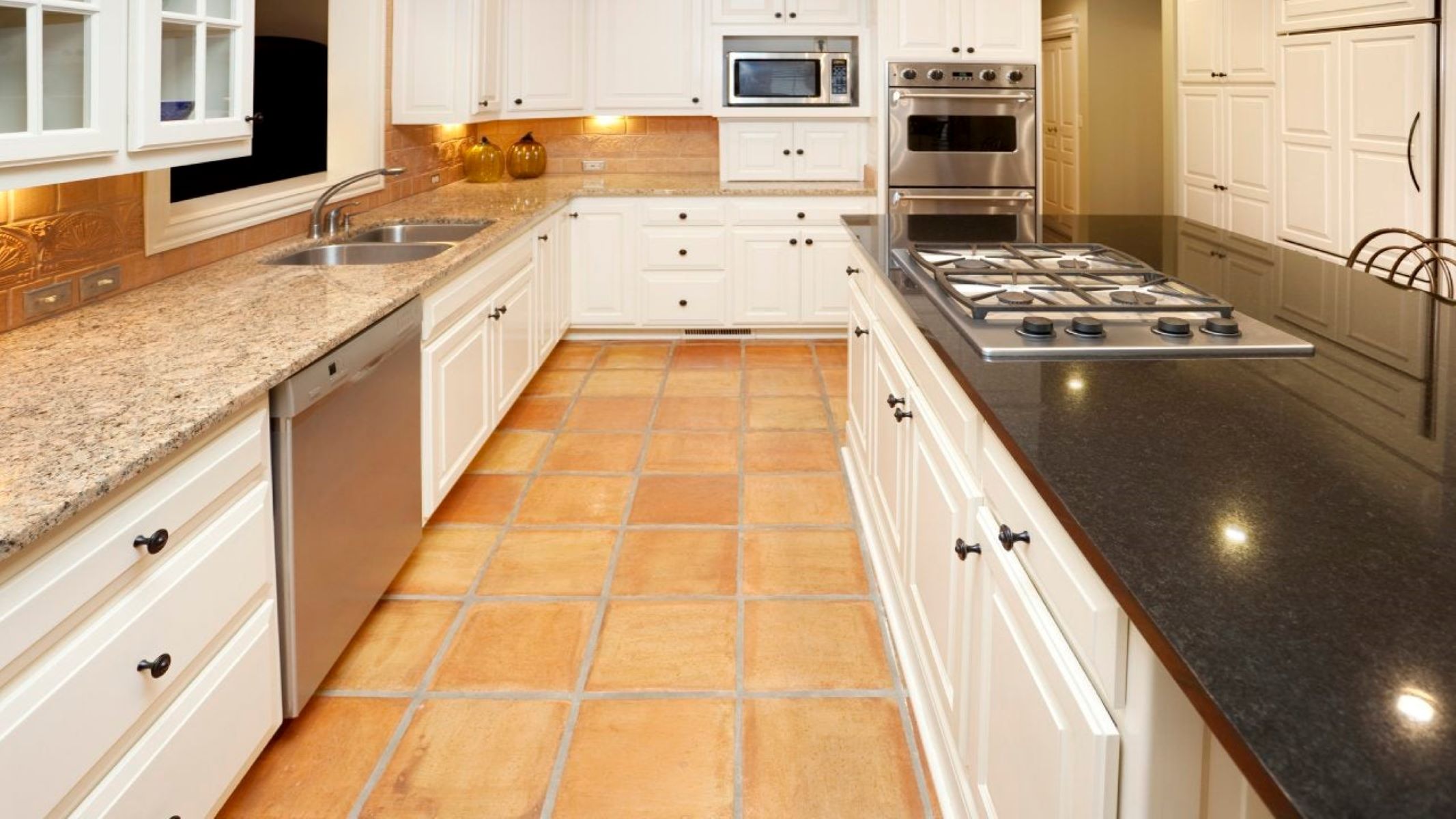
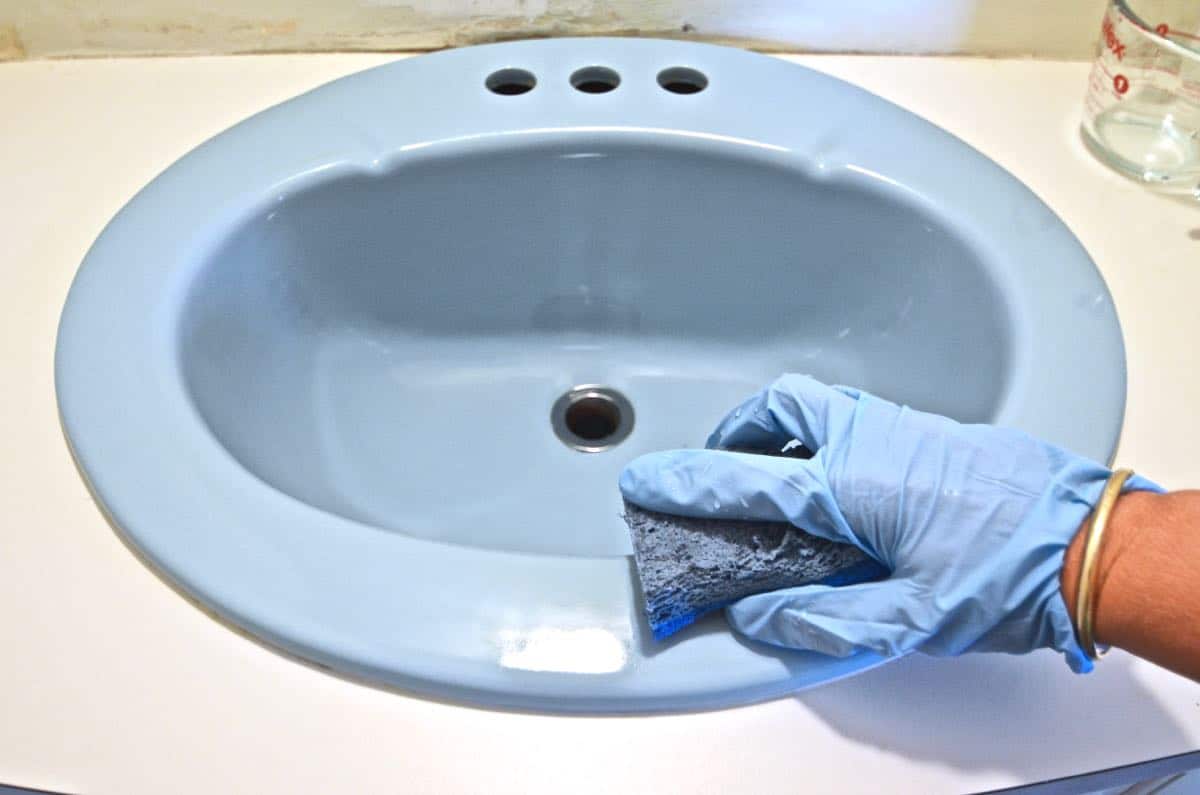

0 thoughts on “How Much Are Porcelain Countertops”